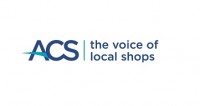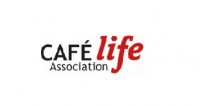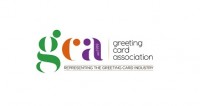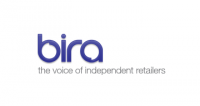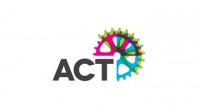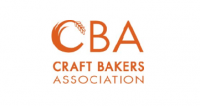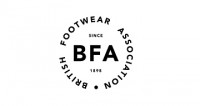Budget 2021: Here are the key points for cycling businesses
Posted on in Business News, Cycles News, Political News
The 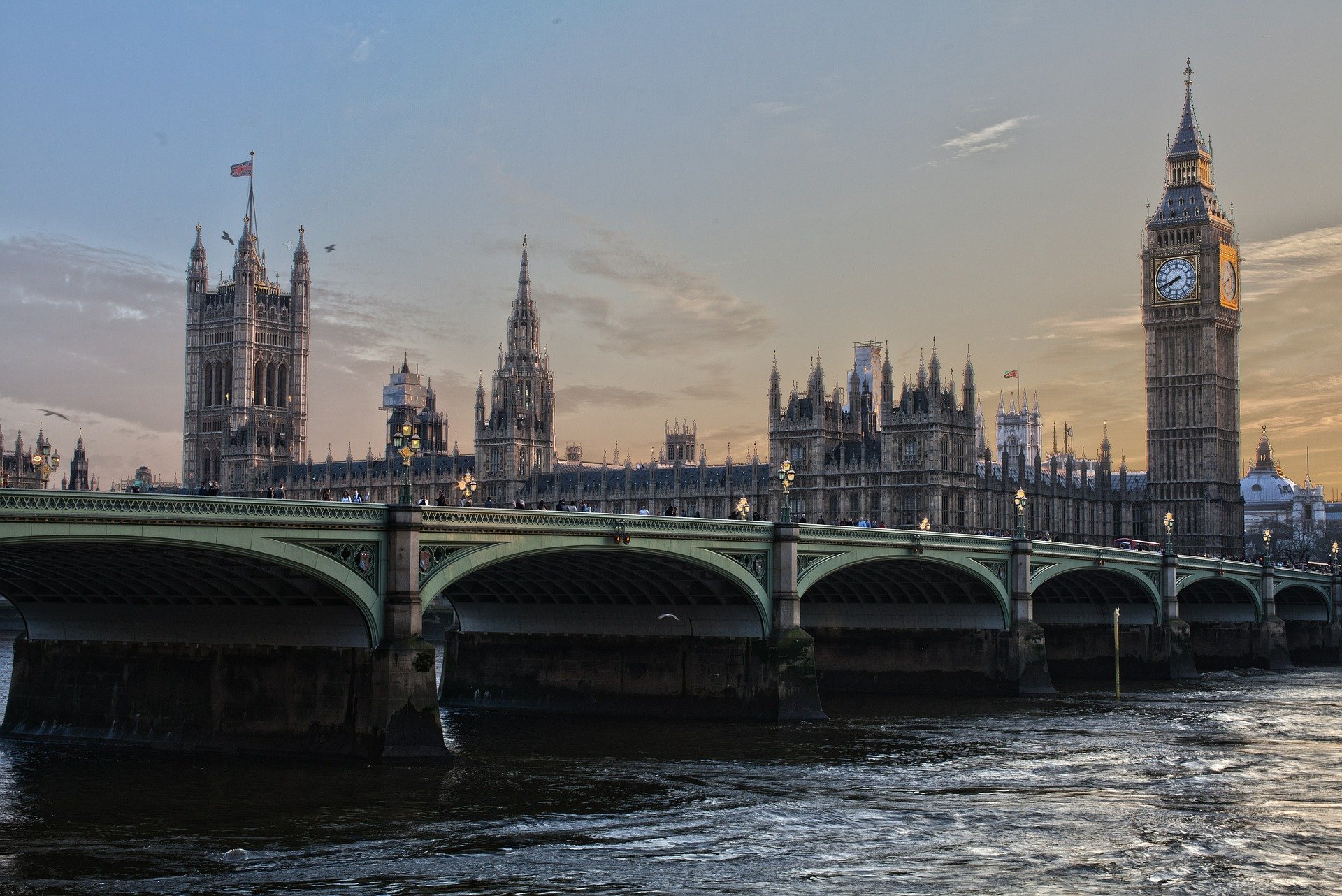 Autumn Budget and Spending Review 2021 (SR21) was under pressure to show the nation how the government plan to take us from economic uncertainty towards a more promising future.
Autumn Budget and Spending Review 2021 (SR21) was under pressure to show the nation how the government plan to take us from economic uncertainty towards a more promising future.
The Budget and SR21 promised much for both the cycling industry and for retailers, but will it be enough to help recover the damage done from the pandemic and help sustain the cycling industry post-boom.
Upcoming investment promised to the cycling industry
Spending Review 2021 set out plans to deliver infrastructure projects "better, faster and greener" with a large focus on walking and cycling for short distance journeys, something the ACT and partner Bike is Best have been heavily advocating.
Part of this plan includes an investment in making everyday journeys more efficient with £5.7 billion of investment over five years in eight City Regions, including West Yorkshire, Greater Manchester, Liverpool City Region and the Tees Valley, through City Region Sustainable Transport Settlements.
This investment aims to transform these eight cities' local transport networks through London-style integrated settlements. The majority of this investment will go towards road, rail, digital and trams, although it does include £830 million to West Yorkshire for schemes such as the A61 improvements for buses, cyclists and pedestrians between Leeds and Wakefield.
In addition to this £5.7 billion, the government will also be investing over £5 billion in buses and cycling during this Parliament. This investment aims to deliver the commitments in Bus Back Better and Gear Change.
More than £2 billion of this funding will be invested in cycling and walking over the Parliament, including £710 million of new active travel funding over the next three years. This funding will build hundreds of miles of "high quality, segregated cycle lanes" and other facilities to improve cyclists' safety.
The government also plan to use the funding to provide cycle training for every child and deliver an e-bike support programme to make cycling more accessible. Further details of each of these projects are yet to be announced.
Business Rates
Chancellor Rishi Sunak has announced in today's Budget a new 50%
business rates discount for companies in the retail, hospitality, and
leisure sectors, lasting for one year.
Sunak said "Pubs, music venues, cinemas, restaurants, hotels, theatres, gyms any eligible business can claim a discount on their bills of 50%, up to a maximum of £110,000", going on to say the discount is "to help those businesses hardest hit by the pandemic".
Alongside the Small Business Rates Relief, Sunak claimed his measures would mean more than 90% of retail, hospitality and leisure businesses will see a discount of at least 50%.
"Apart from the Covid reliefs, this is the biggest single-year cut to business rates in 30 years," he said.
The business rates multiplier will be frozen for 2022/23 at 49.9p for properties under £51,000 RV and 51.2p for those above, meaning bills are 3% lower than projected.
From 2023, a new business rates relief will incentivise property improvements by delaying consequent increases in bills for 12 months. Transitional relief has been extended for one year, restricting bill increases to 15% for small properties (up to £20,000 RV) and 25% for medium properties (up to £100,000 RV), subject to subsidy control limits.
The Government has published a consultation on introducing a UK-wide Online Sales Tax, where revenue would be used to reduce business rates for bricks and mortar stores. The final report of the business rates review is available here.
National Living Wage
"The Government is accepting [the LPC's] recommendation to increase the National Living Wage next year by 6.6%, to £9.50 an hour"
The National Living Wage (NLW) rate will be £9.50 from 1st April 2022. This is a 6.6% increase on the £8.91 rate for 2020/21. The government remains committed to raising the NLW so that it reaches two-thirds of median earnings and applies to workers aged 21 and above by 2024, subject to economic conditions. The Government has accepted all recommendations from the Low Pay Commission on revisions to the National Minimum Wage rates.
The confirmed rates to apply are as follows:
| Wage Rate |
Current Rate |
Rate to apply from 1st April 2022 |
% Increase |
| National Living Wage (workers aged 23 and over) | £8.91 | £9.50 | 6.6 |
| National Minimum Wage (workers aged 21 to 22) | £8.36 | £9.18 | 9.8 |
| Youth Development Rate (workers aged 18 to 20) | £6.56 |
£6.83 | 4.1 |
| 16 - 17 Year Old Rate | £4.62 | £4.81 | 4.1 |
| Apprentice Rate | £4.30 | £4.81 | 11.9 |
The LPC's full report, setting out the evidence used in reaching these recommendations, will be published later this year. A summary of findings is available here.
Other Announcements
- The Government has announced it will freeze fuel duty in 2022-23, for the twelfth consecutive year.
- Tobacco duty will increase by Retail Price Index (RPI) + 2%, with the rate for hand-rolling tobacco increasing by RPI + 6% and the minimum excise tax increasing by RPI +3%. These changes will take effect from 6pm on 27 October 2021.
- The £1m Annual Investment Allowance, scheduled to end this December, has been extended to 31st March 2023 to support new investments and simplify tax requirements.
- A new recruitment service will be established by 2024/25 to support new apprenticeships and a consultation will be launched on giving employers more choice about how apprenticeship training is delivered.
- The Recovery Loan Scheme has been extended until 30th June 2022. From 1st January the scheme, which provides lenders with a guarantee on eligible loans, will be restricted to SMEs. It will provide a maximum finance amount available of £2m and guarantee coverage to lenders will be reduced to 70%.
- Government will also address the driver shortages by introducing temporary visas. It also announced new funding to improve lorry parking facilities.
 IRC comments
IRC comments
Various Independent Retailers Confederation (IRC) members have commented on the budget and how it will impact their members.
Chris Hall, Director of the Association of Cycle Traders (ACT) commented that the reduced business rates are "welcome news for cycling retailers".
He added: "This is exactly what the ACT together with other IRC organisations have been pushing for over many years."
Association of Convenience Stores (ACS) chief executive James Lowman (pictured above) tweeted: "Very pleased to see the chancellor focus on investment incentives through the business rates system".
Andrew Goodacre, Bira CEO, said: "Whilst we would have liked to have seen a more fundamental review of business rates, we are pleased to see some respite for the smaller, independent retailers.
"The retail discount for business rates was a positive move when first introduced in 2019 and it is right that it is now re-introduced. We also think that the incentive to encourage investment in equipment tor reduce the carbon footprint of shops is a good idea.
"Prior to the Budget Bira called for support for business rates, incentives for zero carbon initiatives and investment in the transport infrastructure. It looks like the team at the Treasury have been listening and we will continue to push for the more fundamental reform of business rates on behalf of our members."
Useful links
If you have any other queries please contact us.


